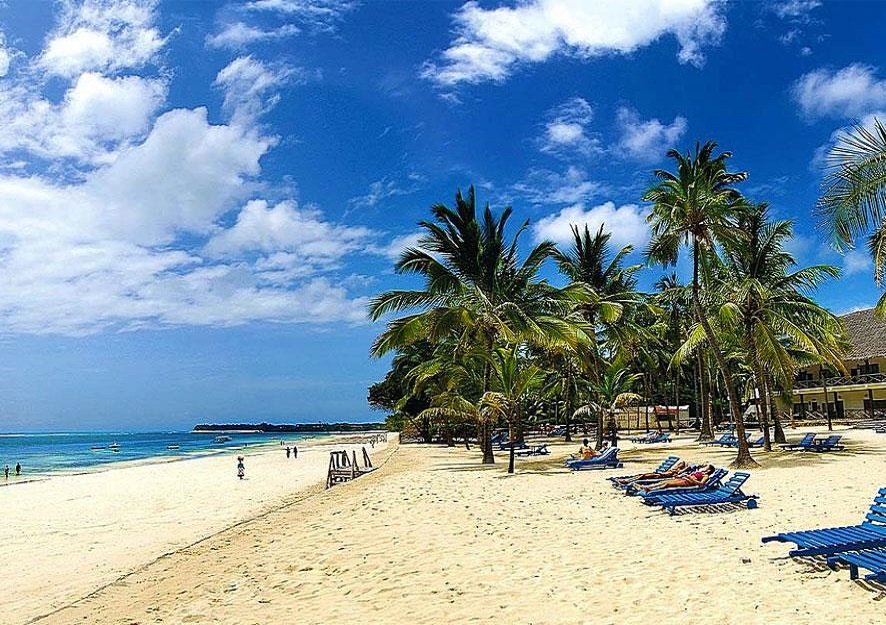Any stranger who lands in Malindi would be impressed by the beautiful bustling town and an expanse of beach where they can let everything go. They’d be impressed with the town’s historical wealth which includes the Gedi ruins and the Vasco da Gama pillar.
However, under the blue skies and the vibrant mix of culture, is an open secret: the town is controlled by an Italian Mafia.
Reports over the years have indicated that the mafia not only controls the town but have taken over the courts and lawyers. They also control the security apparatus in the area, meaning that they can do whatever they want without anyone taking them into account.
The Italians landed in the town as far back as the 1970s, many of whom had come to escape authorities back home. Others came with money to invest in the sleepy town on the Kenyan coast: they now own at least 50 hotels and resorts.
According to an investigative report by The Elephant, one of the police commissioners who had done a job for the Italian Mafia said that they engaged in nefarious activities “including running illegal casinos and discotheques, running prostitution rings, turning their rented oceanfront villas into little inns for German and Italians tourists and very often, providing security to parcels that needed to be dashed between Mombasa and Malindi, either way”.

Other reports indicate that it is not a secret that Malindi is housing some of the world renown Italian fugitives, some of who have hidden in the town for more than 10 years. Some of the crimes they have been charged with include tax evasion, fraudulent bankruptcy and other financial crimes.
Many would wonder why the Mafia has not been apprehended despite being known and seen around town. There have been reports that the security apparatus in the town and in Nairobi are in cahoots with the mafia, allowing them to continue their business and even tipping them off when international organisations like the Interpol are coming for them.
The revenue collector in the country is also embroiled in the situation, forced to deal with tax evasions of the villa owners and losing a lot of money in the process.
Anyone who tried to bring the mafia to justice would meet dire consequences. Former Kenyan Director of Public Prosecutions, Phillip Murgor, was allegedly fired because he wanted to name and shame the people involved in the Sh6.4 billion cocaine haul of December 2004.
The locals have it even rougher. Not only can’t they complain about the mafia to the police who are protecting them, they also have to live with the knowledge that they can be killed anytime and no one will be bothered.
Many Malindi natives feel like the Italians are such a vital part of the ecosystem that they have started learning Italian to be able to connect with them as well as silently suffer the consequence of drug trafficking. It could be why they keep some of these crimes under wraps, especially when the economic situation is continually deteriorating.











